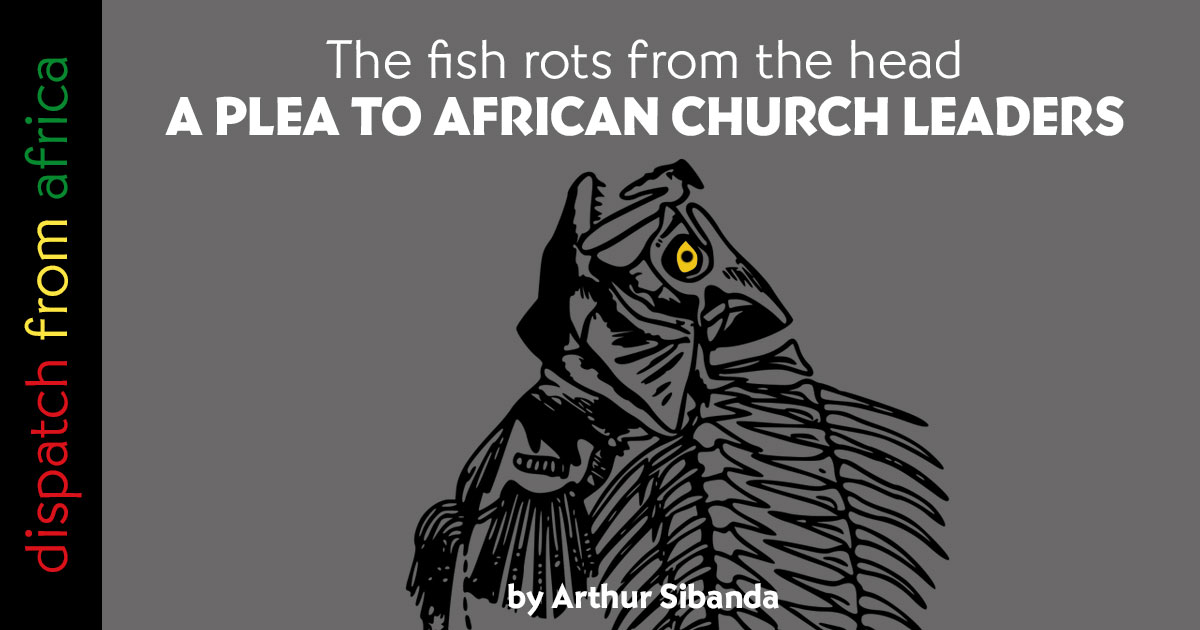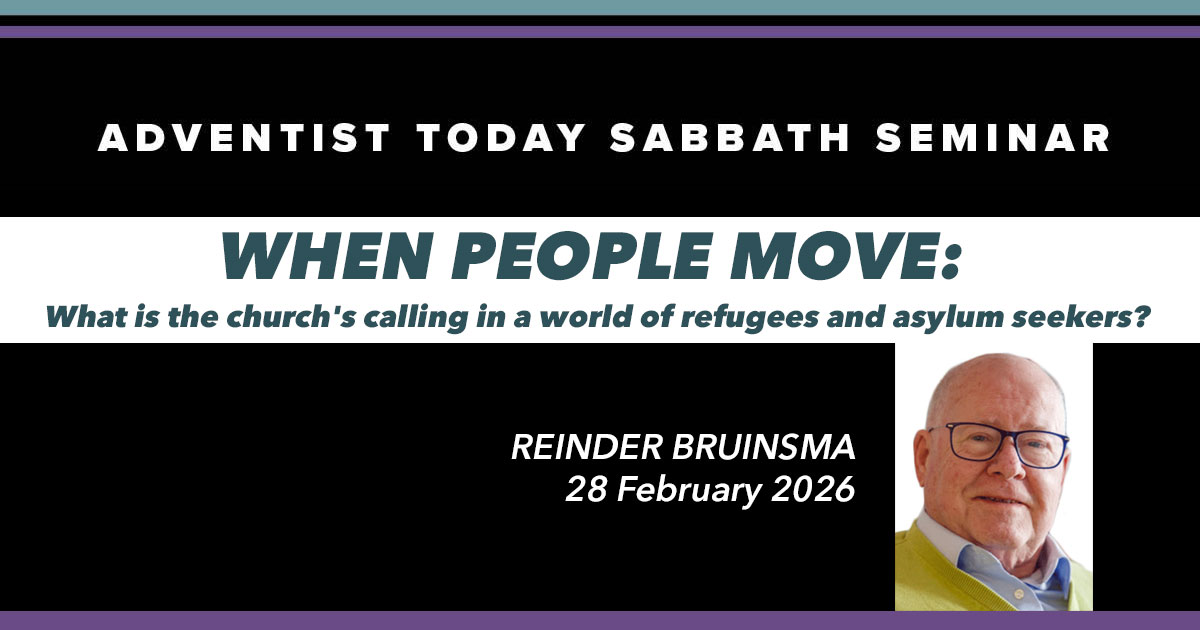Adventist World Radio’s focus has always been to reach the most difficult places in the world with the gospel message. And while this has often included the remote jungles of Africa, Asia and South America, we cannot forget the steel and concrete jungles that form the cities across Europe and North America. Recently, I traveled to Europe with part of our leadership team to meet with church leaders there and discuss how to effectively reach the people of Europe—and we’re excited by the possibilities! There are currently dozens of radio stations and studios that AWR either owns, has helped to set up, or supports across Europe, including in countries like England, Germany, France, Italy, Switzerland, Sweden, Bosnia, Latvia, Moldova, and more. They have been faithfully transmitting the good news that Jesus is coming soon. But now we want to do more! Watch the video below, where I share our plans to train and equip our churches in Europe to effectively partner with AWR and flood Europe with an evangelism strategy that will reach people through the most popular social media platforms and connect them with local churches. We believe that thousands of Europeans will soon be studying the Bible through a new Global Bible School developed and powered by AWR! Friend, Jesus is coming soon. There is an urgency that can’t be ignored. We believe that if we do our part, as difficult as it may seem, God will do the rest, because His Word shall never return void but will accomplish all His purposes (Isaiah 55:11). Thank you for being a part of our AWR family. Your support is making a difference for eternity. Yours in the Blessed Hope, Jim Howard
President MB011IJ0FRSXJHB Source: https://www.youtube.com/watch?v=FWaDbcnffu4
I’ve Had it with the Infighting

I’ve had it with the infighting. Honestly, if you scroll through Adventist social media these days, you’d think we’ve split into 28,000 fundamental beliefs—one for every opinion. But if you push past the noise, most of us have far more in common than we have dividing us. Whether you lean progressive, conservative, or happily hover […] Source: https://atoday.org/ive-had-it-with-the-infighting/
The Fish Rots from the Head: A Plea to African Church Leaders

by Admiral Ncube | 25 February 2026 | On 3 February 2026, a letter was issued by the Central Rift Valley Conference in Kenya, advising its constituency that it had fired 19 pastors. The conference alleged misconduct, but one of their main concerns seemed to be that these churches had formed their own unrecognized Mid […] Source: https://atoday.org/the-fish-rots-from-the-head-a-plea-to-african-church-leaders/
Adventist Theological Seminary of Cuba and Local Churches Adapt to National Crisis

As previously reported, the Adventist Theological Seminary of Cuba temporarily closed due to the current U.S. administration cutting oil shipments to Cuba, sparking a transportation and economic crisis. In the face of constant obstacles, the school found a way to continue providing the students an education. At the time of the announcement, around 110 theology […] Source: https://atoday.org/adventist-theological-seminary-of-cuba-and-local-churches-adapt-to-national-crisis/
ATSS: Reinder Bruinsma, “When People Move: What is the church’s calling in a world of refugees & asylum seekers?”

25 February 2026 | Immigration by people from the developing world has become a major concern among citizens of the world’s richest countries. In America, Europe and Australia some politicians have distinguished themselves largely by their opposition to “foreigners”—a few even painting them all as criminals. Yet the Bible is full of stories of immigrants! […] Source: https://atoday.org/atss-reinder-bruinsma-when-people-move-what-is-the-churchs-calling-in-a-world-of-refugees-and-asylum-seekers/
- « Previous Page
- 1
- 2
- 3
- 4
- 5
- …
- 4372
- Next Page »
